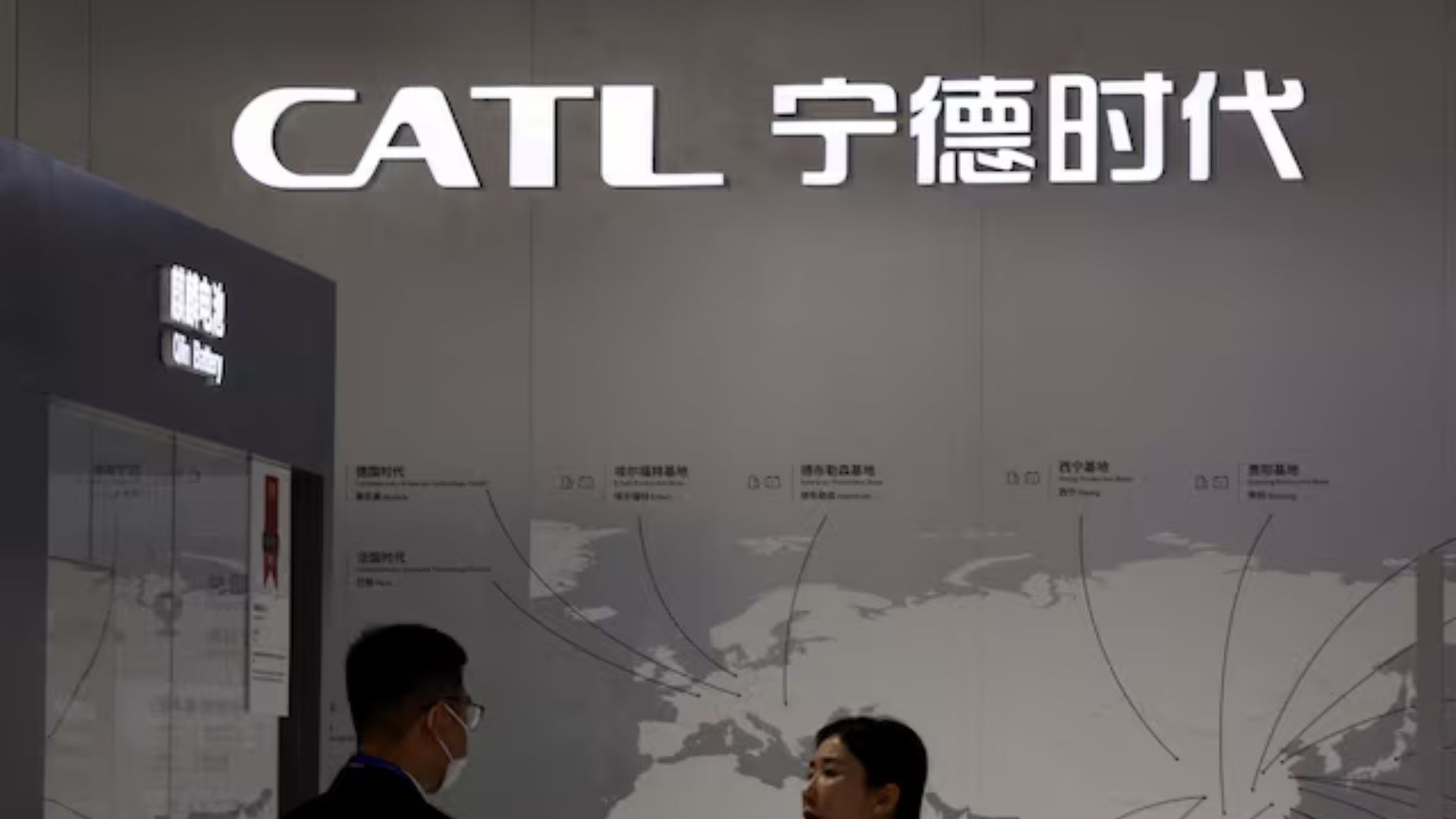BEIJING, (Reuters) – Chinese electric vehicle battery giant CATL recorded faster profit growth in the second quarter, even as EV demand slows in the world’s largest auto market while geopolitical tensions cast clouds over its overseas expansion.
CATL’s net profit jumped 13.4% from a year earlier to 12.36 billion yuan ($1.70 billion) in April-June, on a 13.2% drop in revenue to 87 billion yuan, according to Reuters calculations based on a stock filing on Friday.
That compares with UBS estimate of 10.41 billion yuan, or a 4.5% slide in Q2 profit and a 7% jump in its Q1 profit.
CATL’s revenue slide, the third straight quarter of falling revenue, deepened from a 10.4% decline in the first quarter.
The mixed earnings came as EV sales shift to a lower gear in China amid a sputtering economic recovery.
Growth in EV sales cooled to 9.9% in June from 27.4% in May while total car sales fell for a third month running despite various incentives from the government and automakers.
CATL, which counted Tesla as its biggest battery buyer, still commanded 46.4% of batteries in China-made EVs in the first half, up 3 percentage points from the year-ago level, while second-ranked BYD and third-placed CALB saw their combined share shrink to 32%, according to data from the China Automotive Battery Innovation Alliance.
Local EV champion BYD sold 4.8% of the batteries it produced in the first half to external clients including FAW-Toyota, FAW (SASACJ.UL) and Xiaomi, per battery industrial information provider Gaogong Industrial Institute.
Chinese automakers have aimed high in overseas markets to shield from intense competition in the home turf, but have been hit with snags such as EU’s provisional EV tariffs.
Likewise, the EV battery specialist has its share of geopolitical woes.
In an analyst note in June, Morningstar trimmed its total revenue estimates for CATL by 8-9% per year in 2024-33 and cut net profit forecasts by 7-8%, factoring in “geopolitical risk and potential business loss in the U.S. lithium battery market.”
U.S. lawmakers called to add CATL and Gotion High Tech to the U.S. import ban list in June, the Wall Street Journal reported.
CATL and BYD are also eyeing the growing market for stationary energy storage that is critical to help balance supply and demand when wind and solar farms produce more renewable electricity than the grid’s distribution system can handle.
CATL’s energy storage batteries generated 28.82 billion yuan in revenue in the first half, up 3% year on year, while revenue from its EV batteries skidded 19.2% to 112.65 billion yuan.
($1 = 7.2512 Chinese yuan renminbi)
Reporting by Qiaoyi Li, Zhang Yan and Sarah Wu; editing by David Goodman and David Evans











